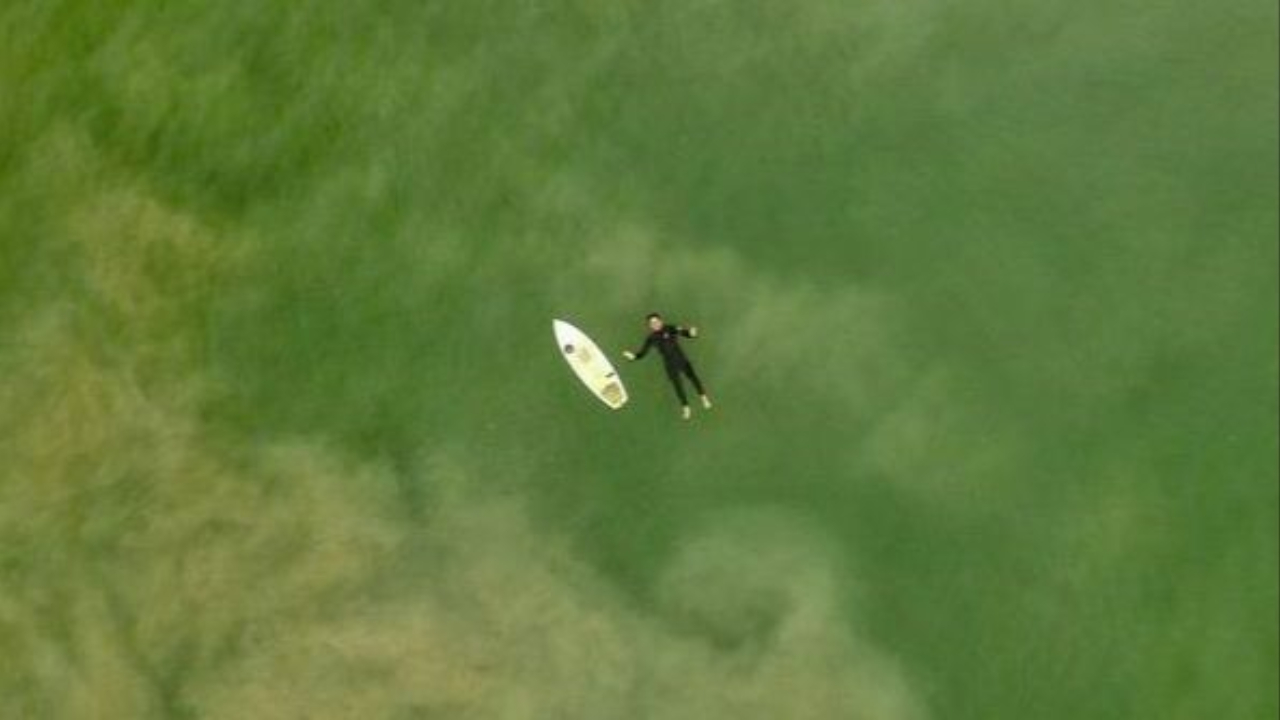
Is it okay to be in career cruise control mode?
Cruising meaning:
- Not try to optimize for growth or trying to move ahead in our career.
- Just put in the hours and do the work that we are responsible for?
It will be hypocrisy on anyone’s part to say that it is not okay. One time or the other, we have all been focused on getting enough work done and coming back home instead of pushing ourselves to grow at work.
There are many reasons why one would want to be in cruise control mode
- A big life event that needs our attention. Like starting a family or taking care of an ailing loved one.
- Energies focused on a project or hobby outside of work. Like finding a new home, or learning how to be an amateur photographer.
- You have accomplished a big task and needed a break. Like graduating from masters school or getting promoted at work.
After I graduated and got a job I did nothing but enjoy my newly earned salary.
A thing I wish I did when in career cruise control mode -- build a portfolio.
There are eventually triggers in our life that makes us proactive about a change in career or wanting more out of it. For example:
- Starting a family and wanting to spend more time with them or saving more for their future.
- A colleague pursues more training or education, and it jolts us that we are not thinking about our future.
When the trigger happens, and you want to make a change in your current work situation, it is difficult to overcome the inertia of not thinking about how we want to grow in our career.
I started working in 2011, cruised till 2014 when I got married, and I realized, “Oops, I don’t earn as much to sustain the same lifestyle for two people!” Even though I wanted to start earning more right away, not having thought about how to do it kept me away from progressing for a solid year or two.
So, knowing what I know now, I would have liked to build and continue to update a portfolio (at the very least, collect items to create one). So that when it is time to overcome the inertia, I would have momentum behind me.
I don’t choose this one thing lightly. At this stage, we are not inclined to do more work so collecting files for a portfolio doesn’t need a lot of time or energy. Also, we are not actively thinking about getting better at work because it defeats the purpose.
The first thing is to collect the central files of the project in one folder. These files can include:
- Project presentations
- Key performance indicators of the project or your work
- Conclusion graphs or plots
- Before-and-after snapshots
- Any compliments or feedback you got via email or verbally
The reason to do this is straightforward. It is easy to forget the details of the work you do after a few months. We lose many specifics, and the specificity is the difference between a good and great portfolio or resume.
The danger of cruising
When I look back now, I was cruising at work partly because of having spent my energy at school, but it was also partly because of indifference. So being indifferent is the danger that you want to avoid.
Otherwise, it is normal not to try to optimize work. If there is something outside of work that you need to take care of, then so be it! In the meantime, don’t forget to collect clips for your portfolio!
-Varun
P.S. Stretch goal: A friend of mine would condense every project into three slides in one master presentation. He says, “I want to quickly reproduce the big insights of any project if my boss or upper management ask me. You
